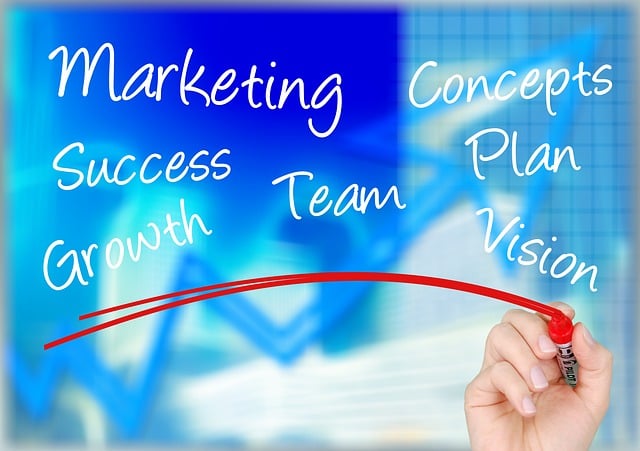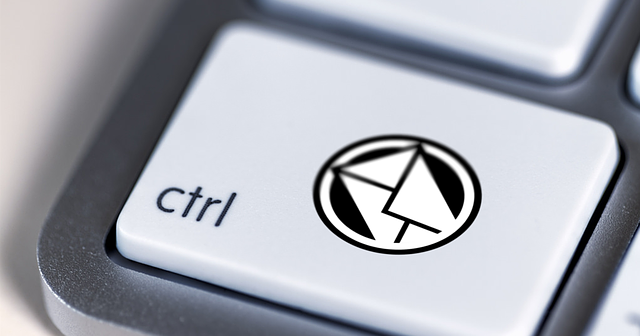AI technologies are transforming the automotive sector, offering auto shops advanced tools for predictive maintenance, personalized customer interactions, and efficient operations. By leveraging AI systems for marketing success in auto repair, businesses can segment customers based on data-driven insights, create targeted campaigns, improve ROI, enhance customer satisfaction, and stay competitive in a digital landscape. Measuring key performance indicators like efficiency gains, cost reductions, diagnostic accuracy, and increased repeat business is crucial to evaluating the effectiveness of these AI systems. Successful AI programs empower automotive professionals with knowledge to adapt to trends and modern vehicle/consumer demands.
In today’s digital era, AI systems are transforming traditional automotive shops into efficient, data-driven businesses. This article explores how AI training programs can revolutionize marketing strategies for repair businesses, enhancing customer engagement and service quality. We’ll delve into the benefits of AI implementation, from streamlined operations to targeted promotions, showcasing its potential for marketing success in auto repair. Understanding these advantages is crucial for folks seeking a competitive edge.
- Understanding AI Systems and Their Benefits for Auto Shops
- Implementing AI in Marketing Strategies for Repair Businesses
- Measuring Success: Evaluating the Impact of AI Training Programs
Understanding AI Systems and Their Benefits for Auto Shops

Artificial Intelligence (AI) systems are transforming various industries, and the automotive sector is no exception. For auto shops, integrating AI technologies offers a multitude of advantages that can drive marketing success and operational efficiency. By leveraging machine learning algorithms and natural language processing, AI systems can analyze vast amounts of data to predict maintenance needs, optimize service schedules, and even provide personalized recommendations to customers.
These intelligent solutions enable auto shops to deliver more accurate diagnostics, reduce service times, and enhance customer satisfaction. Moreover, AI-powered marketing tools can help businesses target the right audience with tailored promotions, improving conversion rates and fostering long-term customer relationships. With its ability to streamline processes, provide valuable insights, and personalize interactions, AI is becoming an indispensable asset for auto shops aiming to stay competitive in today’s market.
Implementing AI in Marketing Strategies for Repair Businesses

In today’s digital era, automotive shops can leverage AI systems for marketing success in auto repair to enhance their strategies and stay competitive. By integrating artificial intelligence, repair businesses can better understand customer behaviors, preferences, and trends in the market. This enables them to create more targeted and personalized marketing campaigns, ensuring every client interaction is optimized for engagement and conversion.
For instance, AI-driven tools can analyze historical service records and online behavior data to segment customers based on vehicle types, maintenance habits, and purchasing histories. This allows repair shops to tailor their communications, offering specific promotions or services that resonate with each customer segment. As a result, these businesses can expect improved marketing ROI, enhanced customer satisfaction, and ultimately, a stronger bottom line.
Measuring Success: Evaluating the Impact of AI Training Programs

Measuring success is a vital aspect of evaluating any training program, and AI training for automotive shops is no exception. The impact of implementing AI systems in auto repair businesses extends beyond initial setup; it’s about long-term performance and marketing success. By setting clear metrics, shops can gauge whether their investment in AI training is yielding tangible results. This involves tracking key performance indicators (KPIs) such as increased efficiency, reduced labor costs, improved diagnostic accuracy, and customer satisfaction levels.
For instance, an AI system designed to assist in marketing strategies for auto repair services might be considered a success if it leads to higher conversion rates, more repeat customers, or expanded service offerings. As these programs evolve, they can empower automotive professionals with advanced knowledge, enhancing their ability to stay ahead of industry trends and adapt to the evolving needs of modern vehicles and consumers.
AI training programs offer automotive shops a powerful tool for achieving marketing success. By understanding and implementing AI systems, repair businesses can streamline operations, enhance customer interactions, and improve overall efficiency. Measuring the impact of these programs is crucial, as it allows shops to refine their strategies and stay ahead in a competitive market. Embracing AI in marketing efforts is not just a trend but a game-changer for the auto industry, ensuring long-term growth and adaptability.
